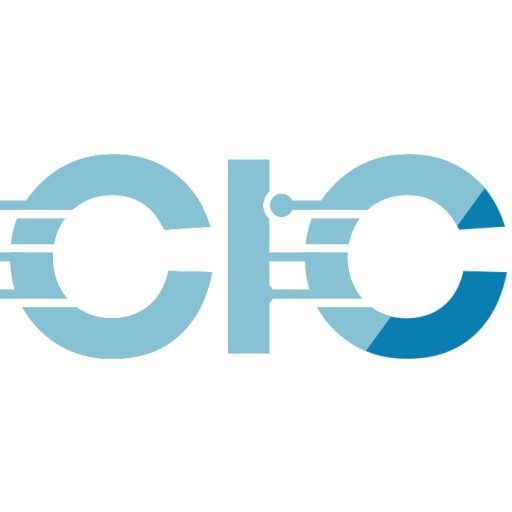The Shifting Landscape of Material Handling
As industries worldwide seek to improve efficiency and reduce their carbon footprint, electric forklifts have emerged as a vital solution in material handling. The shift from traditional internal combustion engines to electric power is driven by a combination of environmental concerns, operational efficiency, and advances in battery technology.
Electric Forklifts: Advantages Over Conventional Options
Electric forklifts offer several advantages over their gas or diesel counterparts:
- Environmental Impact: Reduced emissions lead to cleaner air, making electric forklifts suitable for indoor environments.
- Operational Costs: Lower fuel costs and reduced maintenance enhance long-term savings.
- Noise Reduction: Electric models operate quietly, which is beneficial in noise-sensitive areas.
The Role of Battery Manufacturers
Central to the success of electric forklifts is the advancement in battery technology. As manufacturing demands evolve, battery manufacturers play an increasingly critical role in shaping the future of electric forklifts through innovations such as:
- Lithium-Ion Batteries: These batteries are lighter, have a longer lifespan, and offer faster charging times compared to traditional lead-acid batteries.
- Energy Density: Enhanced energy density enables forklifts to operate longer on a single charge, thus improving productivity.
- Smart Technology: Integration of IoT technology allows for real-time monitoring of battery performance, leading to efficient management of charging cycles and maintenance.
Leading Manufacturers in the Electric Forklift Battery Sector
The market has seen significant growth with the emergence of companies specializing in electric forklift batteries. Some notable players include:
- Exide Technologies: Known for its wide range of industrial batteries and focus on innovative energy solutions.
- Yale Materials Handling Corporation: Leading the charge in electric forklift design and battery technology integration.
- Hawker Powersource: A pioneer in advanced lead-acid and lithium-ion battery systems tailored for forklifts.
The Future Outlook
The rise of electric forklift battery manufacturers is just the beginning. With ongoing advancements in battery technology, including solid-state batteries and renewable energy integration, the material handling industry is poised for a significant transformation. As cities and businesses aim for sustainability, the electric forklift sector will likely expand, providing cleaner and more efficient solutions.
Conclusion
As we navigate towards a more sustainable future, the electric forklift and its innovative battery technologies stand at the forefront of change. The collaboration between manufacturers, vendors, and logistic companies will likely define the next chapter in material handling, emphasizing efficiency, cost reduction, and environmental responsibility.


